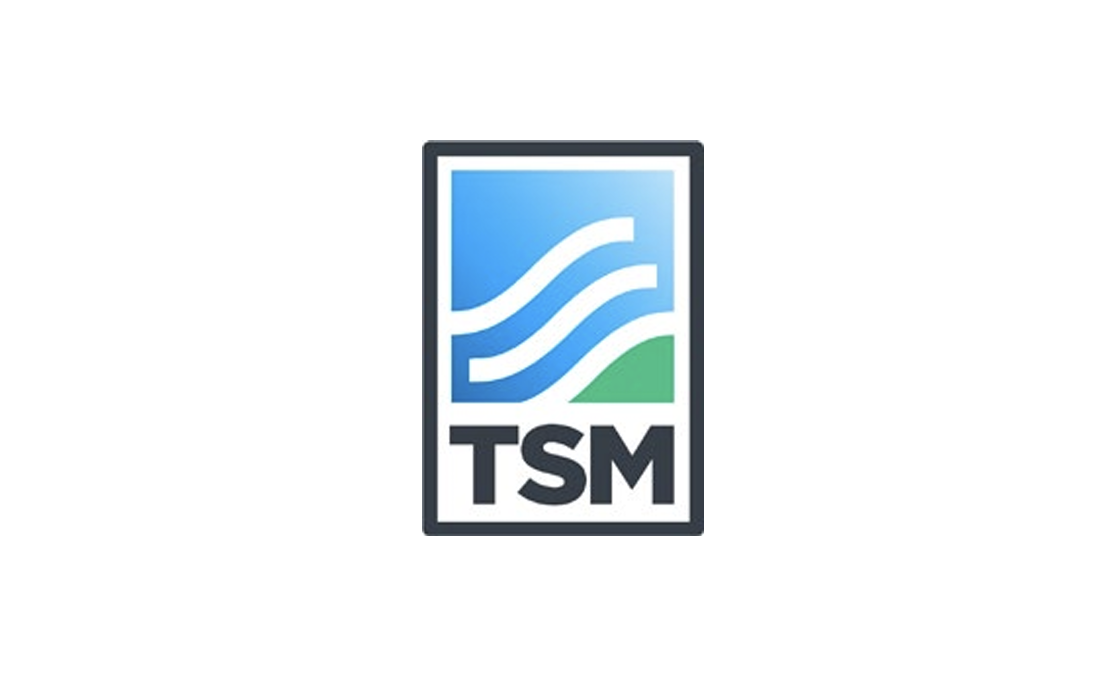
TSM formalizes equal multi-stakeholder governance
By Mining Association of Canada
News Community of Interest Panel mining Mining Association of Canada TSM
The Mining Association of Canada’s (MAC) Board of Directors unanimously passed a motion to grant the TSM Community of Interest Panel (COI) decision-making authority over the TSM program. This means that the globally recognized ESG program will now be governed jointly by the MAC Board and the independent TSM COI Panel.
“Since its inception in 2004, the TSM COI panel has provided invaluable advice on issues ranging from climate change, biodiversity, Indigenous relationships and so much more. The MAC Board has valued this input immeasurably and the many panel members who have served over the years have shaped TSM in fundamental ways and made the Canadian mining sector better for it. At no time in 20 years can we recall an instance when the Board did not take fully onboard the advice of the panel. However, today, there is a clear expectation in the standards space that governance be shared formally, a change I have championed for several years. Giving the panel an equal decision-making role in partnership with the MAC board sends a clear message about the importance of equal multi-stakeholder governance in sustainability standards like TSM,” said MAC Chair Carolyn Chisolm.
A mandatory component of MAC membership, TSM is driving performance improvement across a range of social and environmental issues where it matters most — at the mine site level. This focus on mine site performance makes TSM a go-to system for investors and manufacturers looking to invest in and purchase responsibly mined materials. The national independent Community of Interest Panel oversees the program, including representatives from Indigenous communities, environmental organizations, labour, finance, local mining communities, social and faith-based organizations and academia.
With this change, the COI Panel also takes on responsibility for its own nomination process to appoint new members. The revised Terms of Reference for the panel also stipulates that no decision on TSM can proceed if all Indigenous representatives on the panel are opposed, reflecting the fundamental relationship that exists today in Canada between the mining sector and Indigenous peoples. TSM performance is evaluated across a set of detailed environmental and social performance standards, including tailings management, climate change, water stewardship, Indigenous and community relationships, safety and health, biodiversity conservation, equity, diversity, and inclusion, crisis management and preventing child and forced labour, all of which have been developed in partnership with the COI Panel. TSM includes an independent assurance process that companies must undergo every three years to provide accountability, transparency, and credibility for its users. The COI Panel plays a role in the assurance process through their Post-Verification Review, whereby each year, the Panel selects mining companies for review of their performance by them.
“Having served on the COI Panel for many years representing the Métis Nation, I’ve seen TSM drive significant change in the mining sector. Over the years, the COI Panel has provided our advice to support the MAC board as it strives to drive the industry forward on responsible mining practices. With this change to TSM’s governance, we will now be making decisions in true partnership with the industry. I’d like to congratulate MAC on taking this step to give up control and commit to meaningful collaboration, especially with Indigenous peoples, as this change means that no decision will be able to move forward without Indigenous support,” said COI Panel member Dan Benoit.
About the COI Panel
The Community of Interest (COI) Panel is an independent, multi-interest group comprised of about 10 to 15 individuals from Indigenous groups, communities where the industry is active, environmental and social NGOs, labour, financial organizations and, just recently added, customers. Select members of the MAC Board also sit on the Panel, in an ex officio capacity, to provide a mining industry perspective to discussions. The COI Panel was formed in 2004, when the TSM initiative was established. The Panel played a key role in the program’s design from the very beginning and continues to be integral to its evolution and implementation. The Panel serves as a platform for communities of interest and MAC members to discuss and collaborate on issues of mutual concern.
https://mining.ca/towardssustainable-mining/community-of-interest-advisory-panel/
About TSM
TSM is a globally recognized sustainability program that supports mining companies in managing key environmental and social risks. TSM was the first responsible mining standard in the world to require site-level assessments with external verification and is mandatory for all companies that are members of implementing associations. Through TSM, critical aspects of social and environmental performance are evaluated, independently validated, and publicly reported against 34 distinct performance indicators. TSM has been adopted by national associations internationally in 11 other countries, each of which is obligated to establish a COI Panel.
https://mining.ca/towards-sustainablemining/
About MAC
The Mining Association of Canada is the national organization for the Canadian mining industry. Its members account for most of Canada’s production of base and precious metals, uranium, diamonds, metallurgical coal, mined oil sands and industrial minerals and are actively engaged in mineral exploration, mining, smelting, refining and semi-fabrication. Please visit mining.ca.
Print this page